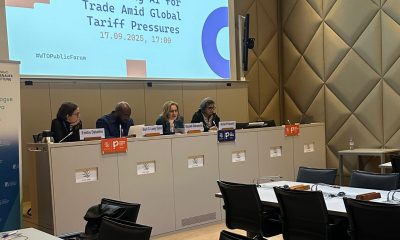Under a conservative set of assumptions, however, the country could export roughly 72 million tonnes a year at peak production. But climate change concerns – and the impact of international climate change agreements to limit carbon emissions – may curtail the availability of future export markets.
This consideration is especially important for Botswana, as it is geographically landlocked and distant from potential export markets (mostly in Asia). It also faces severe infrastructural challenges such as water and energy supply shortages, which affect how much coal can be profitably extracted.
Despite these challenges, it is important for Botswana to consider coal as an integral dimension of its economic diversification strategy. Diversification is a pressing concern, as diamond revenues – which have sustained the economy since the 1970s – are likely to decline in the near future.
Download the new Policy Note, ‘Botswana’s Coal: Dead in the Water or Economic Game Changer?
A new policy note suggests that Botswana’s coal should primarily be harnessed for ensuring regional energy security. Arguments in favour of building a Trans-Kalahari railway line (from Mmamabula to Walvis Bay in Namibia) are critically evaluated. The Note concludes that more research is required, but it appears that there are more viable diversification options for the country than to place a primary focus on exporting its coal.








